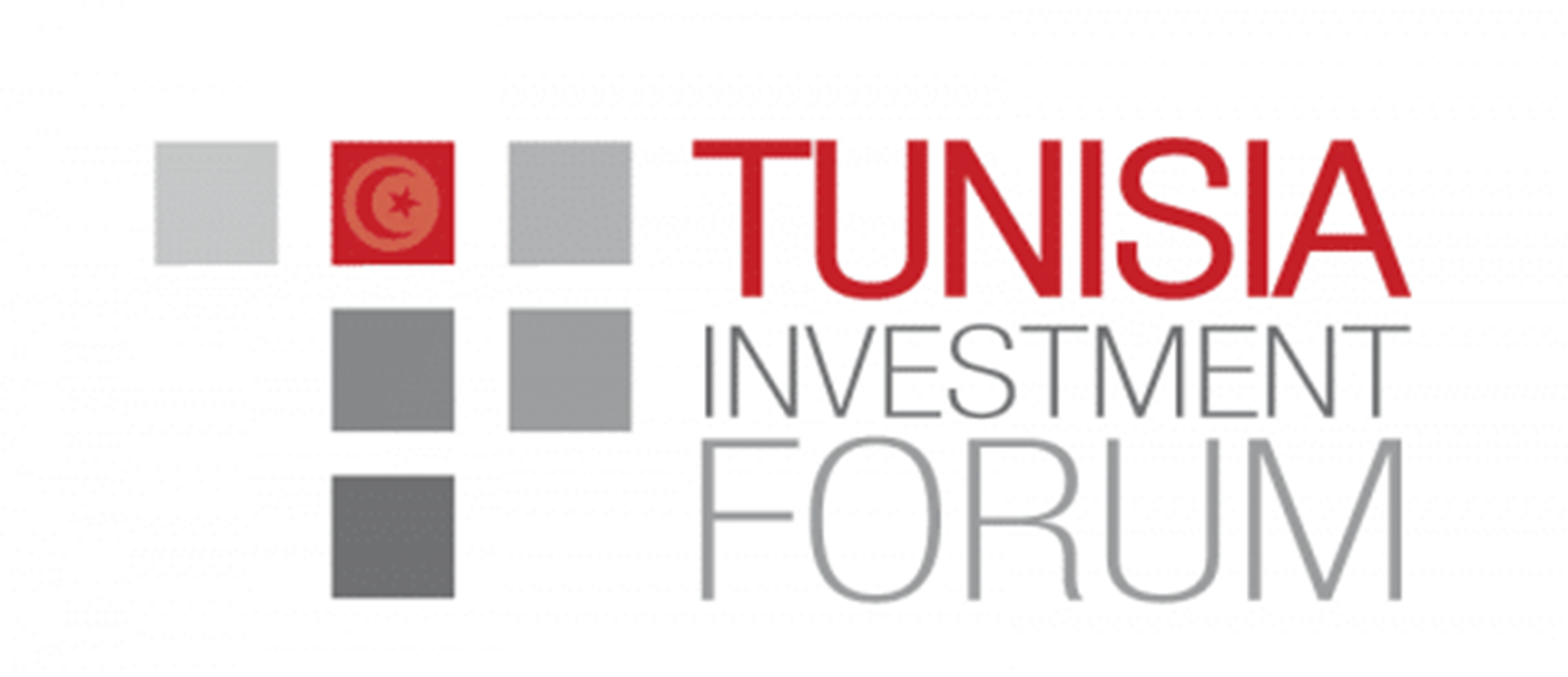Menu



FIPA-Tunisia 2024. All rights and photo credits reserved Numeryx Tunisia
The Tunisian pharmaceutical industry is asserting itself as an essential engine of medical progress, combining expertise, innovation and commitment to quality. Discover how Tunisia, thanks to this dynamic sector, is helping to shape the future of healthcare.
● 2nd Health System in Africa in 2021.
● 2nd world destination in Thalassotherapy.
● 2nd in the field of health tourism in Africa.
● + 40 companies with foreign participation.
● + 13,500 direct jobs.
Tunisian exports of medicines to 35 countries around the world have tripled in 5 years. They now represent 18% of production. Supported by highly skilled human capital, this sector actively contributes to the economy and overall health. The Tunisian legislative and regulatory environment also offers considerable advantages for investors in the pharmaceutical sector.

Dive into an ecosystem of medical excellence in Tunisia, where health and medical tourism blend harmoniously to offer quality care and a unique experience to visitors.
The Tunisian pharmaceutical sector offers a unique combination of highly skilled talents at competitive costs, positioning the country as an attractive investment destination.


Tunisia is committed to the prosperity of the pharmaceutical industry, relying on fundamental pillars to stimulate innovation, collaboration and quality along the manufacturing and marketing chain.